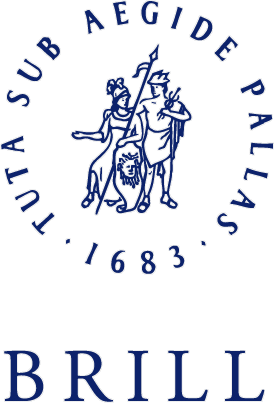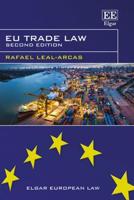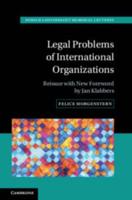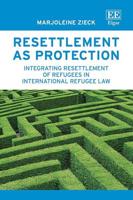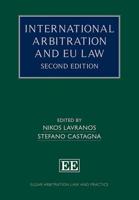Publisher's Synopsis
Hélène Tigroudja, Conflits armés et droit international des droits de l'homme Prenant pour point de départ l'affirmation, par la Cour internationale de Justice en 1996, selon laquelle les droits de l'homme s'appliquent en période de conflits armés, le cours explore sous un angle à la fois théorique et pratique ce qu'implique cette irruption des droits de l'homme - et des mécanismes internationaux de surveillance - dans un champ qui, pendant longtemps, a été considéré comme exclusivement ou principalement conduit par le droit des conflits armés. Au-delà de l'humanisation de ce dernier, l'approche des conflits en termes de droits subjectifs individuels ou collectifs, opposables aux États et justiciables - y compris en ce qui concerne les droits économiques, sociaux, culturels et environnementaux -, constitue un vecteur puissant de l'autonomisation et d'autodétermination de l'individu, même dans des contextes aussi destructeurs et liberticides que les situations de violences généralisées. Pour autant, le cours vise aussi à présenter les insuffisances et limites du droit international des droits de l'homme pour appréhender les comportements des groupes non-étatiques et des organisations internationales par exemple, ou bien encore la réparation intégrale des violations graves et massives. S'appuyant sur une analyse approfondie et comparée de la pratique de la Cour internationale de Justice, des juridictions pénales internationales, des organes universels et régionaux de protection des droits de l'homme (cours régionales, organes de traités des Nations Unies, procédures spéciales du Conseil des droits de l'homme), le cours invite à réfléchir de manière critique au rôle potentiellement préventif, protecteur et transformateur du droit international des droits de l'homme face aux conflits armés. Inger Österdahl, The Regulation of the Internet For more than 25 years, since 1998 the item of "[d]evelopments in the field of information and telecommunications in the context of international security" has been on the agenda of the United Nations (UN) General Assembly. This course deals with the normative results so far of the debates in the UN General Assembly, in the form of General Assembly resolutions primarily, reports of working groups, states' positions taken on the application of international law in cyberspace, and international conventions that have been worked out within the framework of the UN General Assembly and that have been proposed and might potentially be worked out in the future. The discussions in the General Assembly mostly concern the way in which international law applies on the Internet; whereas initially it was uncertain whether international law would apply or not on the Internet, the discussions today concern not whether but how international law applies. How international applies on the Internet, however, is a question that so far remains unresolved among the members of the UN General Assembly.

